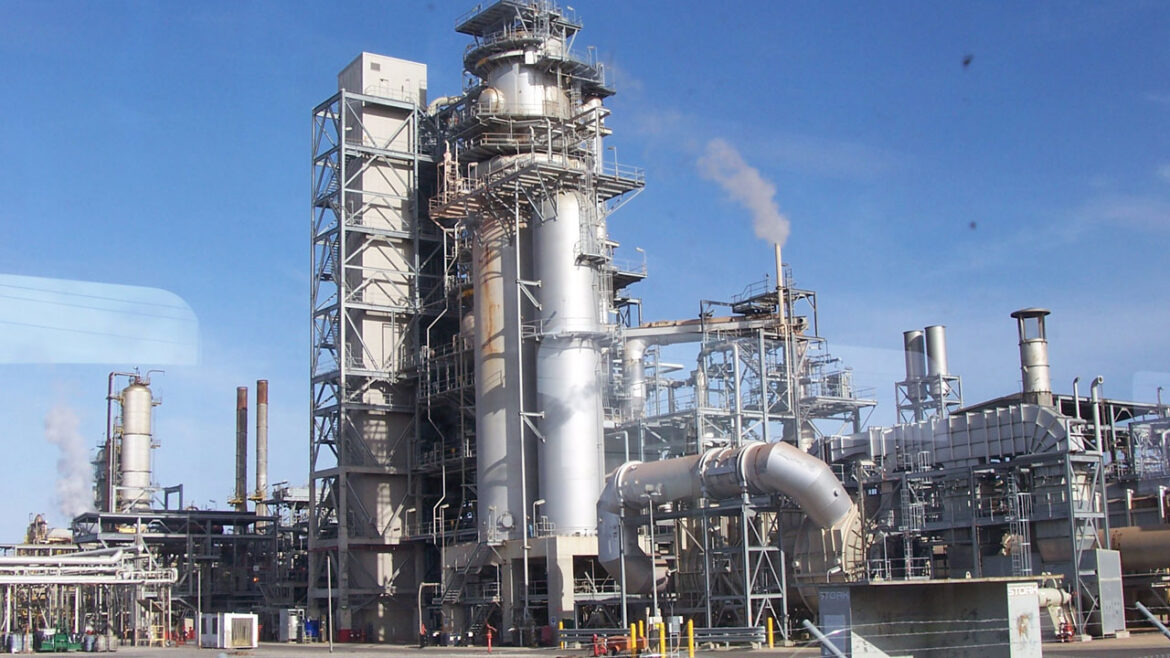The Dangote oil refinery is preparing to process around 400,000 barrels of Nigerian crude per day in the coming months, significantly altering Africa’s oil import and export dynamics.
According to a cargo allocation list seen by Bloomberg, the refinery, with a capacity of 650,000 barrels per day (bpd), will receive approximately 24 million barrels of Nigerian oil in October and November. This marks a shift towards increased reliance on local crude supplies.
Business Insider Africa previously reported that the Dangote refinery, which recently commenced gasoline production, could potentially disrupt the European oil market.
Now, the refinery is set to impact the Atlantic oil trade by reducing Nigeria’s crude exports. The facility plans to absorb 13 to 14 cargoes from Nigeria’s typical monthly export program of about 50 shipments.
Economists predict that the Dangote refinery could end the decades-long gasoline trade from Europe to Africa, a market valued at $17 billion annually.
Some scheduled shipments for the next few months may face delays, with two cargoes for October already pushed back from September. ,
However, the expected volume is still significantly higher than the 255,000 barrels per day of Nigerian oil processed by Dangote in the first half of the year as it gradually ramped up operations.
Recent allocation data indicates that the refinery has reduced its imports of U.S. crude, specifically WTI Midland, which it had previously purchased in large quantities.
Dangote even resold some of the U.S. oil and has since opted against further purchases.
In September, the Nigerian National Petroleum Company (NNPC) secured an agreement with Dangote, whereby the state-owned firm will supply crude in exchange for exclusive rights to distribute the refinery’s gasoline output.
Additionally, regulatory authorities announced the end of Dangote’s exclusive purchasing rights, allowing the refinery to negotiate market prices directly with fuel marketers.
On October 1, the Nigerian government began selling its crude oil to the Dangote Refinery and other local refineries in naira, signaling a further shift in the country’s oil trade practices.
![]()




